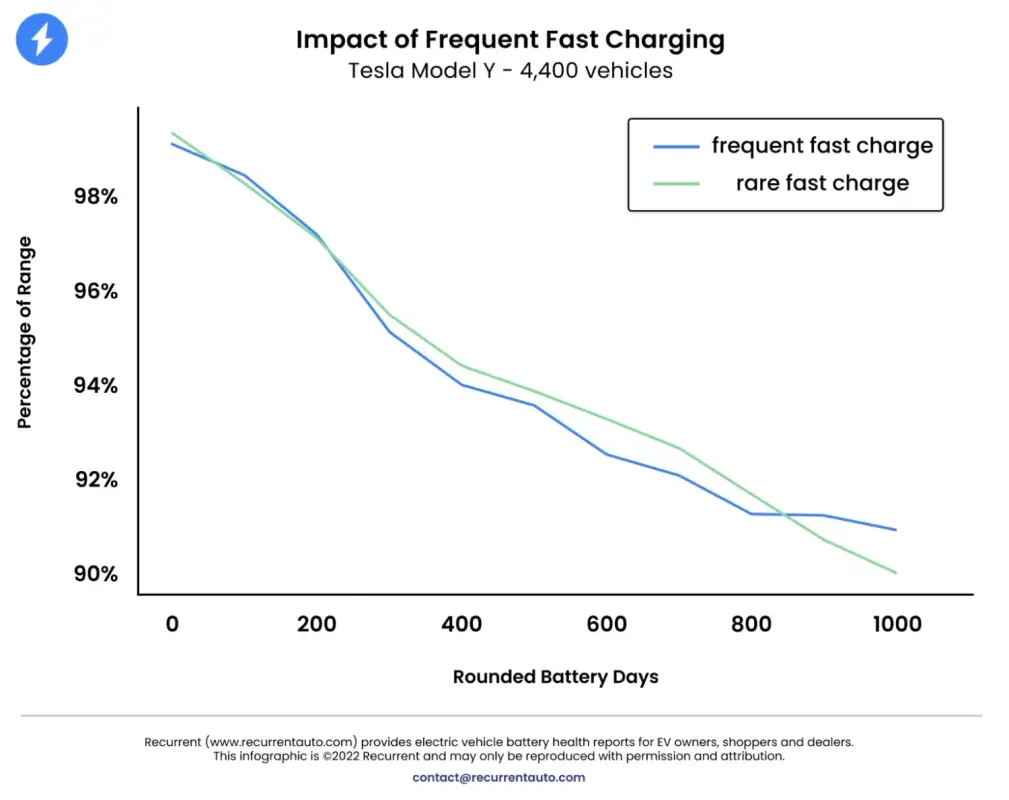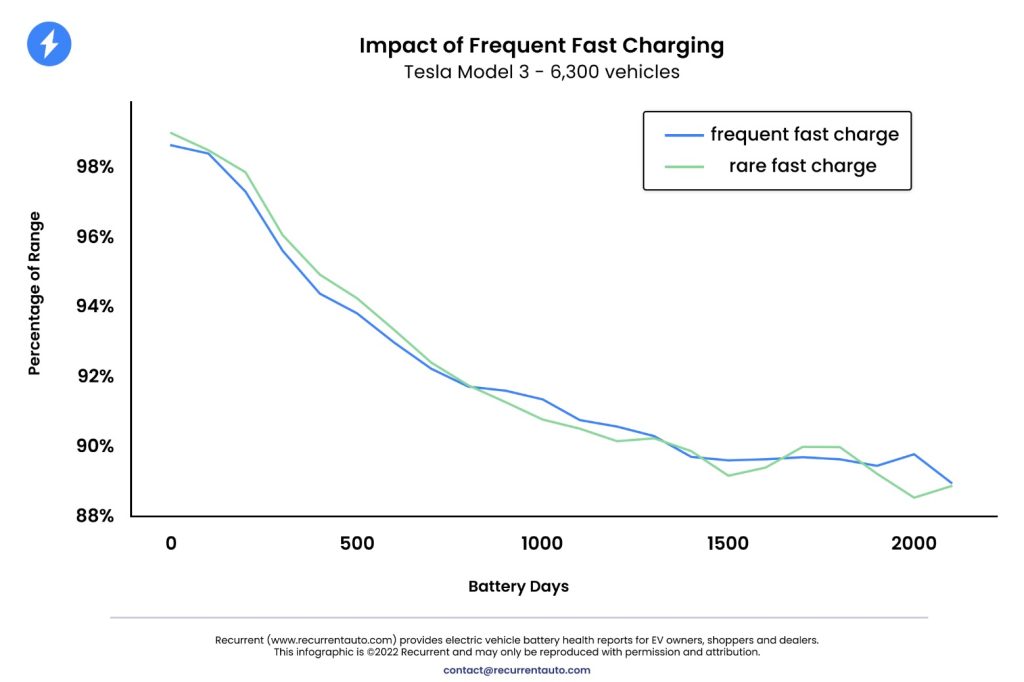philnewmerc
MB Enthusiast
A Phantom VIII would be ideal for that trip.
What an excellent idea. Old rollers and Bentleys are quite reasonably priced too
Follow along with the video below to see how to install our site as a web app on your home screen.
Note: This feature may not be available in some browsers.
A Phantom VIII would be ideal for that trip.
IIRC your Model S had the battery replaced by Tesla (so capacity had dropped by over 30%) before you got it ... how long did the original one last?
As an aside I assume the warranty is based on vehicle age, so if the battery is replaced at (say) 6 years the new one is only covered for 2 years (or less if the car hits over a mileage limit first)?
I don’t have the answer to your question as I took the sellers word on face value (he didn’t have any documentation saying so - but it was still under the original drivetrain warranty so had no reason to verify his claim) - although after analysing the actual battery sticker it appears to still be the original (doesn’t have a remanufactured label)… so it was probably a bit of the classic private seller nonsense to make the sale more attractive.Isn't it the case though that repeated fast charging accelerates battery degradation? I'm sure I read on one of the links posted here that for maximum lifespan you want to charge as slowly as possible/practical (e.g overnight at home). Obviously the odd fast charge while out and about isn't going to make any significant difference, but if you make a habit of it ... ?
Which reminds me, I don't think @clk320x responded to this question. Easy to miss posts but I'd still be interested to know:


Yes but StoreDot has a track record of producing fruck all that works despite promising all sorts of stuff for decades . Im out.That's the official announcement:
"Polestar is working with StoreDot to bring their extreme fast charging (XFC) technology to production. Dubbed ‘100-in-5’, it sees 100 miles (160 km) of range charged in just five minutes"
That's in Polestar 5... they've only just released the 3. So it will take awhile... in the meantime everyone else is also making progress.
My IONIQ 5 was introduced in 2021 with a claimed 20% to 80% charge in 18 minutes. It has been proven possible... but only when the stars align
Yes but StoreDot has a track record of producing fruck all that works despite promising all sorts of stuff for decades . Im out.
God loves a trier. (Supposedly)I guess it's the Elon Musk effect... tech startups keep failing and keep trying ...
Only ugly onesno woman waits four hours for her date
Thank god for that last paragraph or I wouldn’t have got that ‘joke’.If it's EV facts we are talking about....
What's the difference between a Tesla and a Jehovah's Witness........
You can shut the door on a Jehovah
Boom Boom
But to bring equilibrium to this post I've recently seen 2 brand spanking new 150k plus FF Rangies and the tail gate shuts have been atrocious.
Thank god for that last paragraph or I wouldn’t have got that ‘joke’.
Interesting story about goods movement by ev…. Schneider hits 1 million emission-free miles using Freightliner eCascadia electric trucks
Interesting story about goods movement by ev…. Schneider hits 1 million emission-free miles using Freightliner eCascadia electric trucks

 electrek.co
electrek.co
The 4,900 square-foot depot in South El Monte was made possible through funding from the Joint Electric Truck Scaling Initiative (JETSI) – in which state and local agencies offer grant assistance to expedite the adoption of zero-emission heavy-duty trucks on roads.
funding for 50 of the 92 eCascadia trucks on order from Freightliner was made possible by JETSI, the California Air Resources Board (CARB), and the California Energy Commission (CEC).
I'm impressed, I really am. I hadn't realised EV trucks had been as advanced as that.
However the journalism must be considered suspect. "1 million total miles driven – all without any carbon emissions" I wasn't aware that the US produced 100% of it's electricity from renewable sources in which case the claim of 1 million miles without any carbon emissions is just nonsense unless they mean mean only tail pipe emissions. But Trucks like that don't drive in city centres so the overall emissions into the California basin is what counts. I'm aware California is a state very much leading the way on renewable energy but even their target is not to get to 100% until 2045. The last 5 or 10 percent percent is extremely difficult to achieve over a whole year. In less benign locations than California it's probably near impossible.
There is much criticism on here about the anti EV lobby but really the pro EV side is no better when they only present half the facts. As far as the state of California is concerned those trucks are far from zero emissions overall when California's renewable electricity represents somewhere in the region of 35% of the total over a whole year.
2021 Total System Electric Generation
We use essential cookies to make this site work, and optional cookies to enhance your experience.
